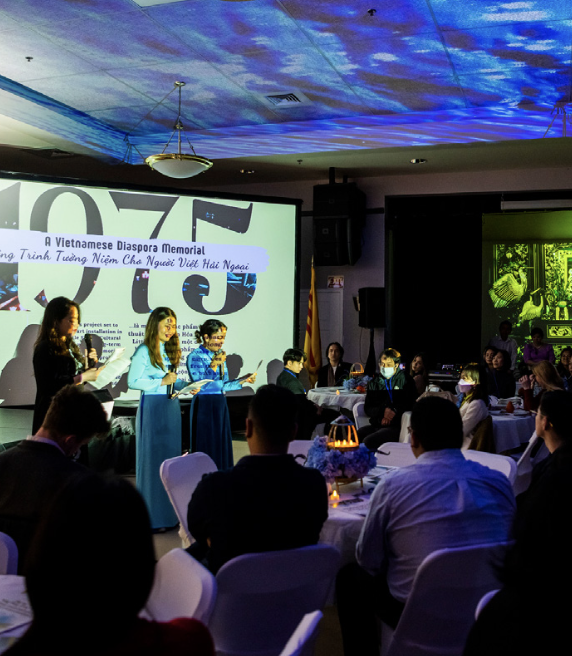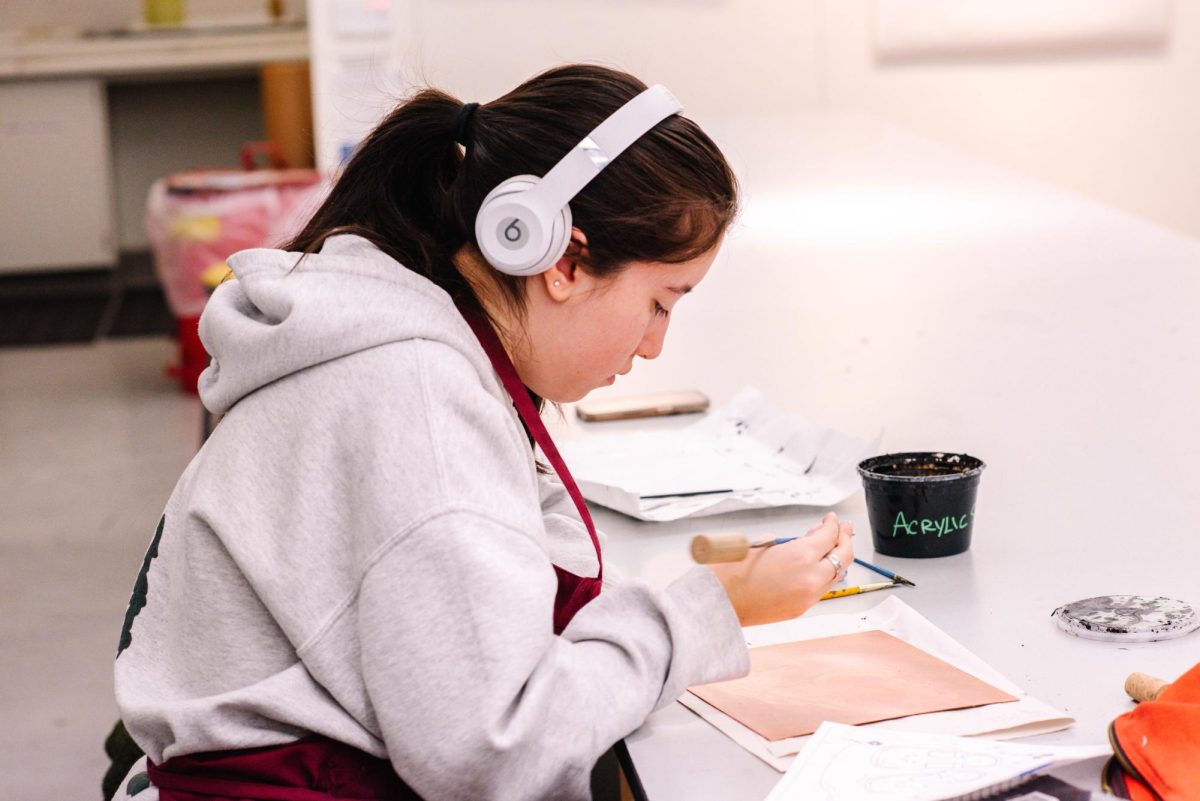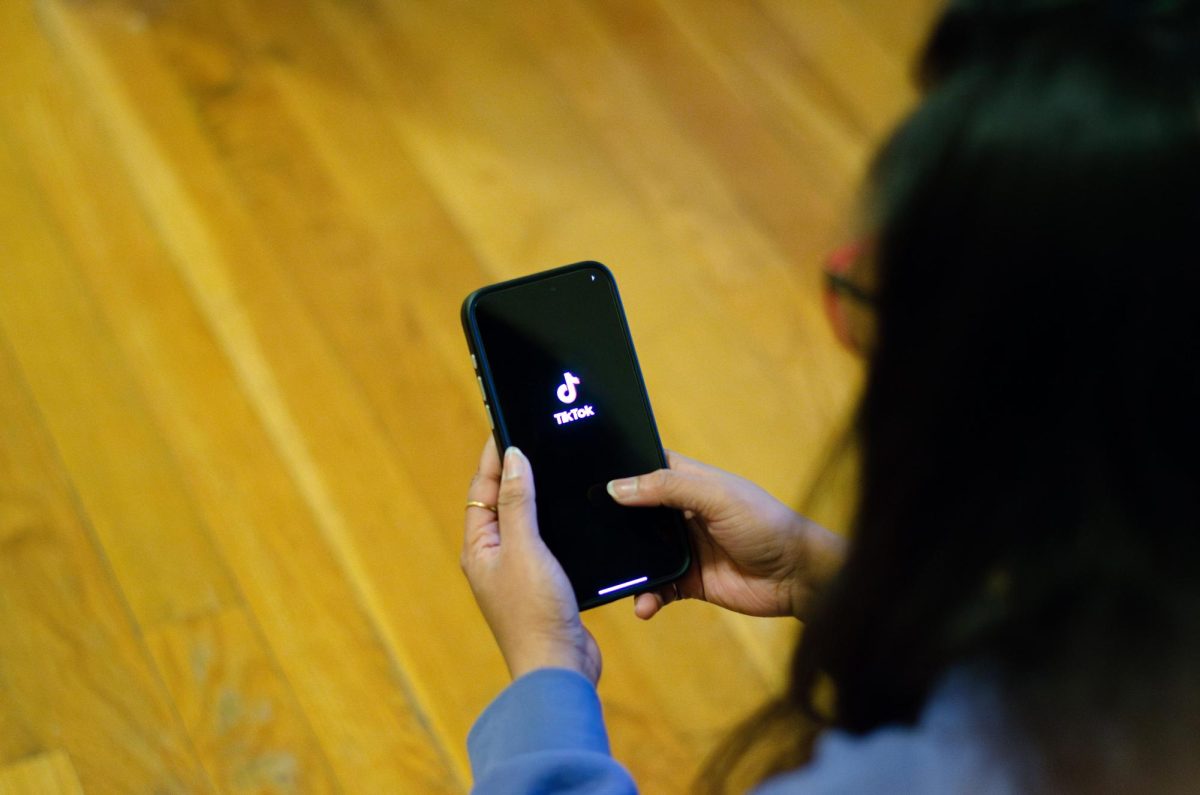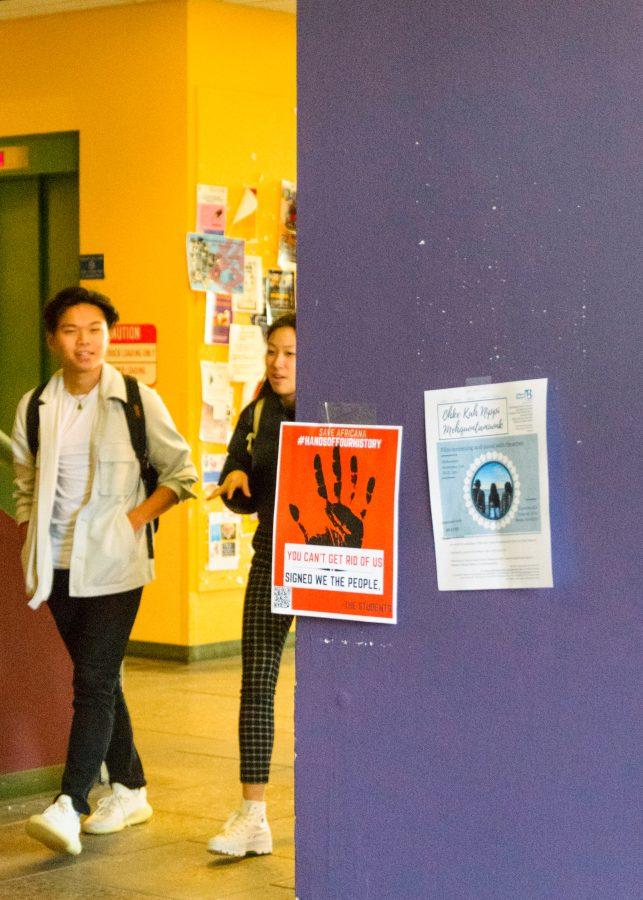In the past couple of months, the future of the Africana Studies Department has been questioned and jeopardized. It was not until 2018 that UMass Boston formally introduced the Africana Studies Program, which aims to educate students about the experiences of the African diaspora—its literature, culture and global contributions. (1)
Earlier this year, UMass Boston commissioned an assessment of the Africana Studies Department and the Trotter Institute, in order to evaluate the scope of the future plans. The university entrusted the assessment process to Prince Lobel Tye, LLP attorneys. Per the official press release by Provost and Vice Chancellor for Academic Affairs, Joseph Berger, the law firm took five months to complete the assessment process, including interviews, research and some independent assessments. The findings suggested that the department has consistently received financial support from the university, even during “a time of economic crisis and cost-cutting.” The report also said that the department has faced some internal leadership issues, and that the history of relations between the administration and the department has exacerbated the situation. (2)
The William Monroe Trotter Institute for the Study of Black Culture came into existence at UMass Boston in 1984, to advocate for the Black communities in Boston and Massachusetts through research and public service. The assessment pronounced that the institute would require “significant investments for the foreseeable future.” Provost Berger added that the university would immediately make new investments in faculty and staff. (3,2)
Strong dissent has been voiced by the chair of the department of Africana studies, faculty members and students who claim that the university has done little to support the department in practice and has only shown support on paper. Furthermore, there was no acknowledgment of the department or faculty’s work in promoting and advancing more equitable and anti-racist practices.
Professors Keith Jones and Tony Van Der Meer were willing to sit down and share some insights on the department’s situation and how university officials addressed it. Professor Jones is a faculty member specializing in anglophone and African diasporic literature, among many other things. Professor Van Der Meer is a Senior Lecturer II and has expertise in leadership and change, community economic development, and traditional African belief systems. According to Jones and Van Der Meer, there is a historical problem of institutional negligence by the university, where they have refused to acknowledge Black leadership.
A search committee was set up to fill in the vacant positions of professors at the department, but according to Jones and Van Der Meer, the process was stopped after pulling almost 50 candidates from the nation. There were two professors from the department, itself, applying for the positions. There was nothing concrete and definitive when asked about the institution’s response to canceling the searches. The reason was vaguely mentioned, like “not following directions.” Non-Tenure Track faculty include Associate Lecturer, Lecturer, Senior Lecturer and Senior Lecturer II. The search was for the two junior faculty members for the department, which was canceled. Jones said that, presumably, a new search process is initiated, but no one from the department is part of it.
The university awarded Van Der Meer and Jones with the Chancellor’s Award for Distinguished Service for their work toward making the campus racially and socially just, as well as a health-promoting institution. During a difficult time confronting social and racial inequality, both displayed their commitment by creating structures and facilitating a series of conversations. In addition to facilitating Sankofa and the Homegoing dialogues, Jones and Van Der Meer brought years of devoted service, on behalf of Boston’s vulnerable and neglected groups, to this project. The faculty and the department were taken aback when Jones was demoted, and his pay was reduced significantly. This subsequent action from the university not only questioned the professor’s work, but sabotaged the department’s efforts to further the mission and vision of the university. (4)
The Executive Committee of Faculty Staff Union—a body representing faculty members and librarians at UMass Boston—voted upon a resolution that asked the faculty Council to “insist that the Africana Studies Department play a significant role in constituting the search committee in order to properly begin the process of recruiting new colleagues to the department.” The Union also released a statement titled “The Point: The Cost of a Hostile Takeover?” (5)
The brief release was about the continued attack on the Africana Studies Department by the cancelation of job searches, the removal of the elected chair and the demotion and reduction in pay for NTT faculty. Professor Elizabeth Sweet of the Africana Studies Department brought to notice the amount paid by the university to the law firm to assess the department. She said that it cost $150,000 for a hostile takeover. The statement from the Union also claimed that the university has never done an outside assessment like this before for any other academic unit. “It seems to be unprecedented.” (5)
Yvette Modestin, one of the advisors of the center in the Africana Studies Department, commented on the department crisis. “The department is both a space that has been of professional development for me and of personal development because it is one of the few spaces where I can see myself as a Black immigrant woman from Latin America.”
She described the situation and the relationship with the university very hurtfully. “When I hear the dean and the provost and everyone speak about it is not productive and we want a better Africana Studies Department, I’m like ‘better than what?’” she questioned. In her opinion, UMass Boston community members should be critical of the university’s actions. “I am heartbroken that we are at this place again,” she said.
In wake of these recent events, students and community members formed a coalition called “Justice 4 the Times.” Carrie Mays, a business management major at UMass Boston, agreed to share some insights and a student perspective about the situation. She briefly talked about the coalition. She said the university has spent a lot of money rebranding and advertising the “For The Times” slogan. “How can you say that you are for the times when you are not accommodating people?” Mays commented.
Furthermore, when asked about her input as a student, she said that taking a class in Black consciousness has been a truly transformative experience for her. It allowed her to embrace and respect her history, culture and diversity. She found a safe space, but also acknowledged that there was a lot of anxiety and distress because of our university’s conflict, which has inevitably affected her and many other students.
One of the biggest concerns reported was about transparency from the administration and the university officials about the situation with the department. Many things are kept confidential to protect “personal and situational information,” as stated by Berger in his statement about the department assessment.
The faculty members, faculty union and students collectively advocate for the Africana Studies Department. When asked about a piece of advice for UMass Boston students and ways they can support the department, Modestin remarked, “This is about every student in here. African-American or not, Black or not. This is about freedom of speech, freedom to choose…” Student solidarity and respect for all the academic units serving a diverse curriculum is imperative to uplift the ideals of true diversity on campus. This story is developing as the department and the university are in the middle of constituting a search committee and working with the faculty to address the matters at hand.
Sources:
1. Microsoft Word – AFRSTY AQUAD final 6-2-16.docx (umb.edu)
2. https://www.umb.edu/news/detail/assessment_of_the_africana_studies_department_and_the_trotter_institute
3. https://www.umb.edu/trotter/about
4. https://www.umb.edu/the_university/chancellor/communications/chancellors_awards_for_distinguished_scholarship_teaching_and_service_2
5. https://www.fsu.umb.edu/content/point-cost-hostile-takeover
6. Letter from Tim Seiber
Is diversity and inclusion in question at UMass Boston?
November 4, 2022
Posters about the Africana Department are hung in the hallways of McCormack. Photo by Olivia Reid / Mass Media Staff



















































